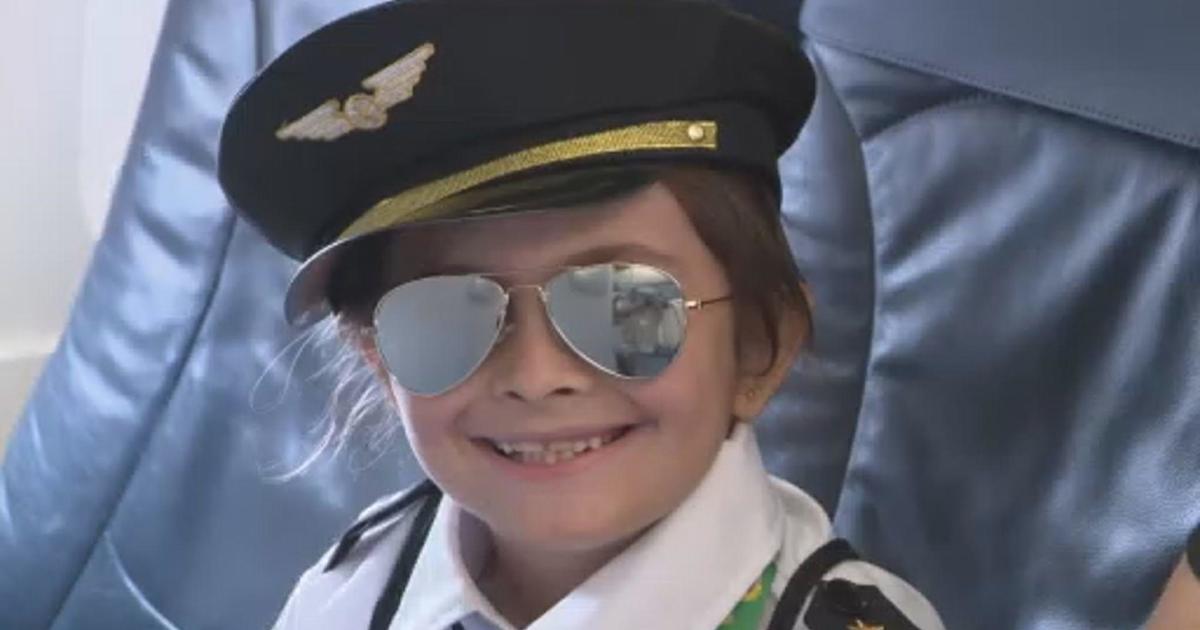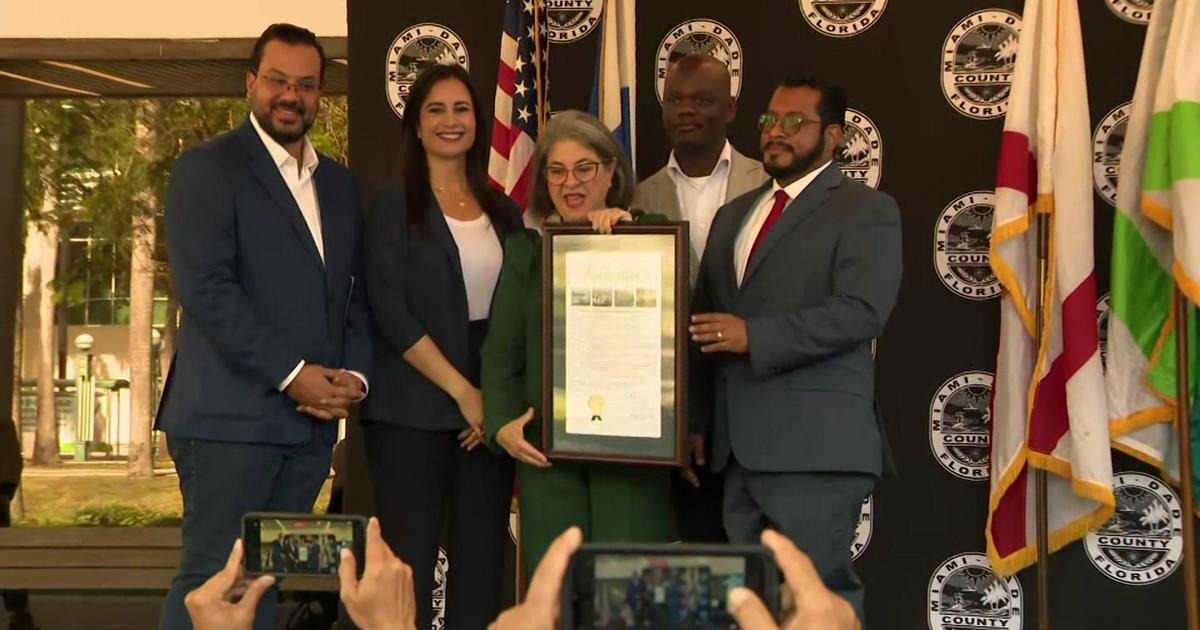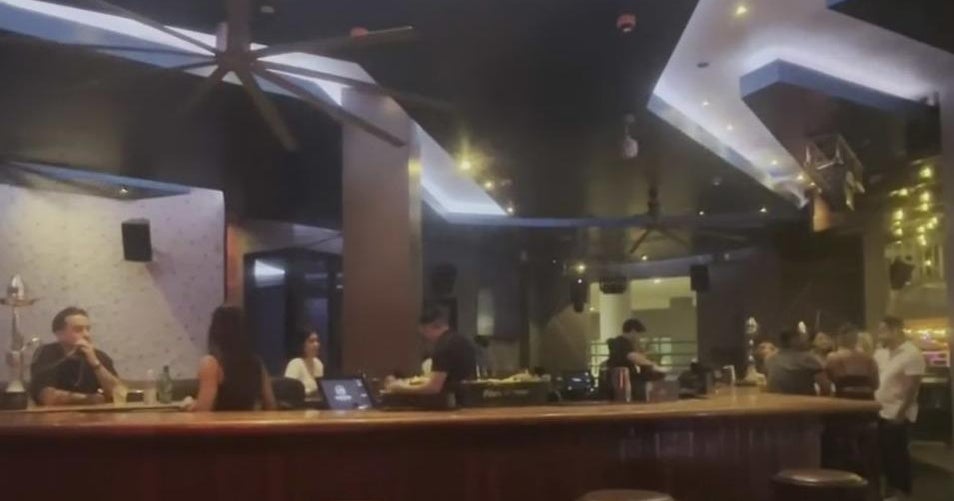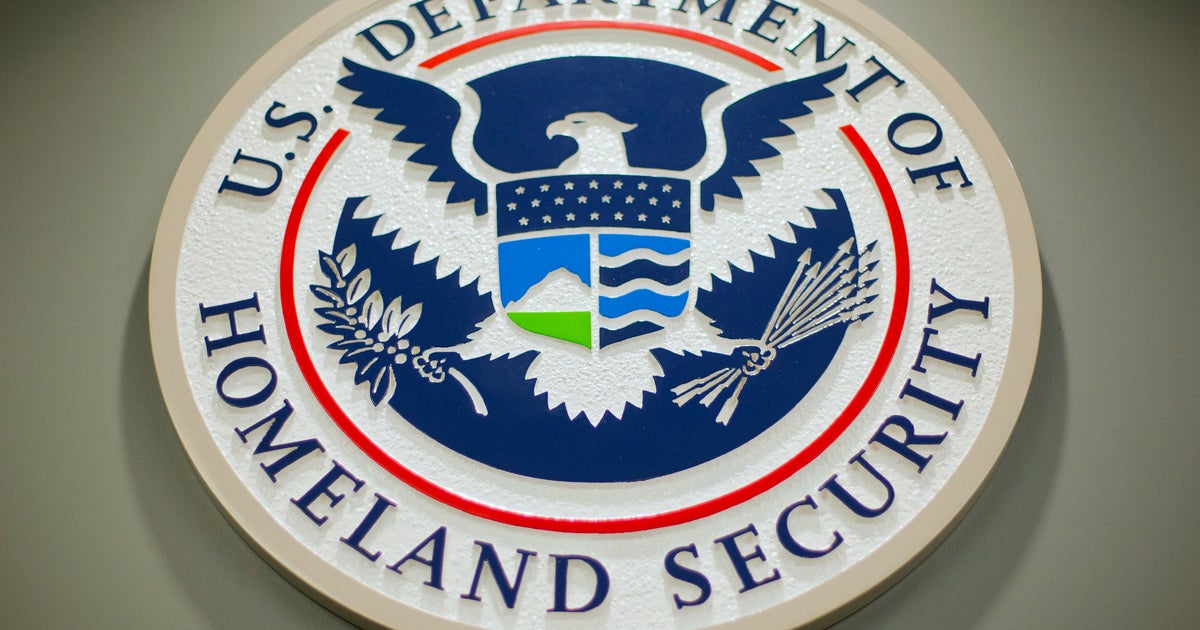CBS4 Gets Inside Look At Homestead Facility Housing Migrant Kids
Follow CBSMIAMI.COM: Facebook | Twitter
MIAMI (CBSMiami) - CBS4 reporter Amber Diaz was able tour a facility in Homestead which houses unaccompanied migrant children, nearly one hundred taken from their parents at the U.S.-Mexico border.
Up until now, the facility has turned away several politicians, including Senator Bill Nelson and Congresswoman Debbie Wasserman Schultz, who have requested access.
Inside the massive facility, more than 1,300 kids ages 13 to 17 years old are waiting to be reunited with their families or paired with sponsors in the U.S.
"It sounds like about 70 may have been separated at the border and again that's based on the great casework this team has been doing by interviewing the kids and finding a way to get them with a safe sponsor," said Mark Weber with the Dept. of Health and Human Services.
Journalists were not permitted to interview the children, and no cameras or recorders of any kind were allowed inside during the hour-long tour.
Diaz said the facility is run as if it is a huge dorm. There are four dorms, males and females are separated.
Children sleep up to 12 per room in steel-framed bunk beds, and warehouse-sized, air-conditioned white tents where minors attend classes and watch movies.
The facility has a command center. Inside are cameras, computers, and staff members who watch over the kids. They keep track of how many kids are in the shelter and how many are moved.
While numbers vary, officials say most are reunited with family members. Those who are not can be at the shelter for as long as 57 days. Weber said, on average, a child's stay there is about 25 days.
"We've been finding parents for unaccompanied kids, for years and years and years as soon as these kids come into our care we are already looking for their parents," said Weber.
The children have school six hours a day and there are recreational activities.
At night, lights go out in the rooms at 10 p.m. but are left on in the hallways. The children are awakened each day at 6:30 a.m. for a full day's program of activities and classes.
During the day, the kids are provided breakfast, lunch, dinner, and three snacks.
On the morning of Diaz's tour, it was an all-American breakfast of scrambled eggs, sausage, hash brown, and fruit.
Weber said when it comes time to move to another building, all of the children have badges to swipe in and out, they are almost always accompanied by a staff member.
When asked about punishment, Diaz said her guide, Program director Leslie Wood, told her there was no punishment, only positive reinforcement. The children meet with their attorneys once a week. They also have access to clinicians and social workers.
On their arrival, they are given a five day supply of clothes, laundry is done every other day.
During the tour, boys and girls, mostly kept separate, could be seen walking in line to the dining hall and classes, wearing government-issued cotton T-shirts and gym shorts. One group played basketball in the hot sun on a concrete court. Another group played soccer, shouting and laughing in a grass courtyard between dormitories. Others watched cartoons in the waiting area of a medical clinic. Girls walking in a line to class in pink T-shirts smiled shyly at a journalist, and said "buenos dias."
The facility, contracted by the Department of Health and Human Services, is surrounded by chain-link fence, but there is no barbed wire. There are guards, but they are not armed. Doors have been removed from the dormitory bedrooms.
Friday's tour comes as questions mount about the fate of the children in facilities around the country.
The Trump administration says they've been about to reunite approximately 500 of the 2,300 hundred children who were separated from their parents at the border. However, there is no timeline or permanent solution for the rest. The government said they are in the process of setting up a reunification process in south Texas.
Miami-Dade Mayor Carlos Gimenez says he's concerned that the children being housed in the county are not getting the services and support that they need.
In a letter sent to Secretary of Homeland Security Kristjen Nielsen, Gimenez offered to help the government provide care for the children.
"We're extending out hand trying to help those minors that are in the Homestead facility with the county services that we can give them," said Mayor Gimenez.
The Mayor lists the services available to the children such as providing assessments by licensed clinicians and counseling, providing children with indoor and outdoor physical recreation activities and programs, and cultural and arts programs among others.



